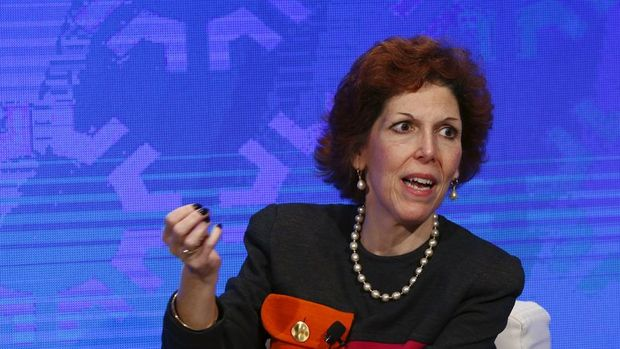Hawkish message from Cleveland Fed President Mester
Fed officials continue to make statements on the path of monetary policy. Cleveland Fed President Loretta Mester said the Fed should raise interest rates and keep policy restrictive for a while. Finally, Atlanta Fed President Raphael Bostic reported that the new government's fiscal plans in the UK have triggered a rapid sell-off in sterling, reflecting increasing uncertainty about the direction of the UK economy. Cleveland Fed President Loretta Mester said the Fed should raise interest rates and keep policy restrictive for a while in an environment where inflation is "unacceptably high." Mester said, "If there's a mistake to be made, it's better to do more than to do less." “When there is uncertainty, it may be better for policy makers to act more aggressively because aggressive and proactive steps can prevent worse outcomes than would otherwise occur,” Mester said, adding that when assessing inflation, he “will be very cautious and need to see inflation decline month-on-month for several months in a row before being convinced that inflation has peaked.” Arguing that policy makers facing uncertainty about inflation expectations should take the risk of tightening policy further rather than keeping it looser, Mester said, “Research suggests that incorrectly assuming that long-term inflation expectations are well anchored is much more costly than assuming that inflation expectations are not well anchored.” Fed/Bostic: Developments in the UK could increase economic tension in Europe and the US Atlanta Fed President Raphael Bostic reported that the new government’s fiscal plans in the UK triggered rapid sales in the GBP and that these sales reflected increasing uncertainty about the direction of the UK economy. Bostic emphasized that developments in the UK could lead to greater economic tension in Europe and the US. "The reaction to the proposed budget plan in the U.K. is a real concern and we fear it will add new uncertainty to the economy. The bottom line here is whether this is a weakening of the European economy sooner or later, and that will be a key factor in how the U.S. economy will perform," Bostic told the Washington Post. Bostic gave no indication that the Fed would respond to the developments in the U.K., but stressed that the Fed's focus would continue to be on getting inflation under control in the U.S. "Until we do that, I think we're going to have a lot of volatility across all markets," he said.


